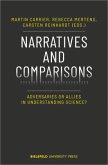
Broschiertes Buch
Adversaries or Allies in Understanding Science?
2021
Bielefeld University Press / transcript
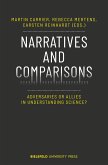
0,00 €
inkl. MwSt. und vom Verlag festgesetzt.
Sofort per Download lieferbar
Ähnliche Artikel
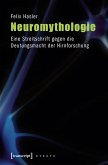
Broschiertes Buch
Eine Streitschrift gegen die Deutungsmacht der Hirnforschung (4., unveränderte Auflage 2014)
5., unveränd. Aufl.
1. Oktober 2012
transcript / transcript Verlag
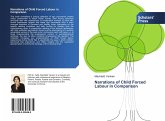
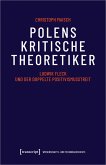
Broschiertes Buch
Ludwik Fleck und der doppelte Positivismusstreit
5. Juni 2024
transcript / transcript Verlag
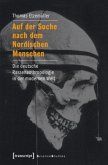
Broschiertes Buch
Die deutsche Rassenanthropologie in der modernen Welt
Aufl.
4. September 2015
transcript / transcript Verlag
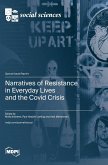
Gebundenes Buch
29. Februar 2024
MDPI AG
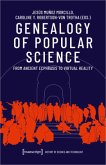
Broschiertes Buch
From Ancient Ecphrasis to Virtual Reality
23. Dezember 2020
transcript
77444802
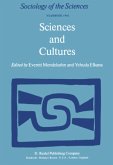
Gebundenes Buch
Anthropological and Historical Studies of the Sciences
1981.
31. Juli 1981
Springer / Springer Netherlands
978-90-277-1234-9
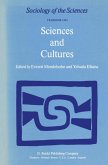
Broschiertes Buch
Anthropological and Historical Studies of the Sciences
1981.
31. Juli 1981
Springer / Springer Netherlands
978-90-277-1235-6
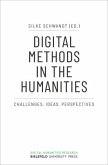
Broschiertes Buch
Challenges, Ideas, Perspectives
15. November 2020
Bielefeld University Press / transcript
Ähnlichkeitssuche: Fact®Finder von OMIKRON
